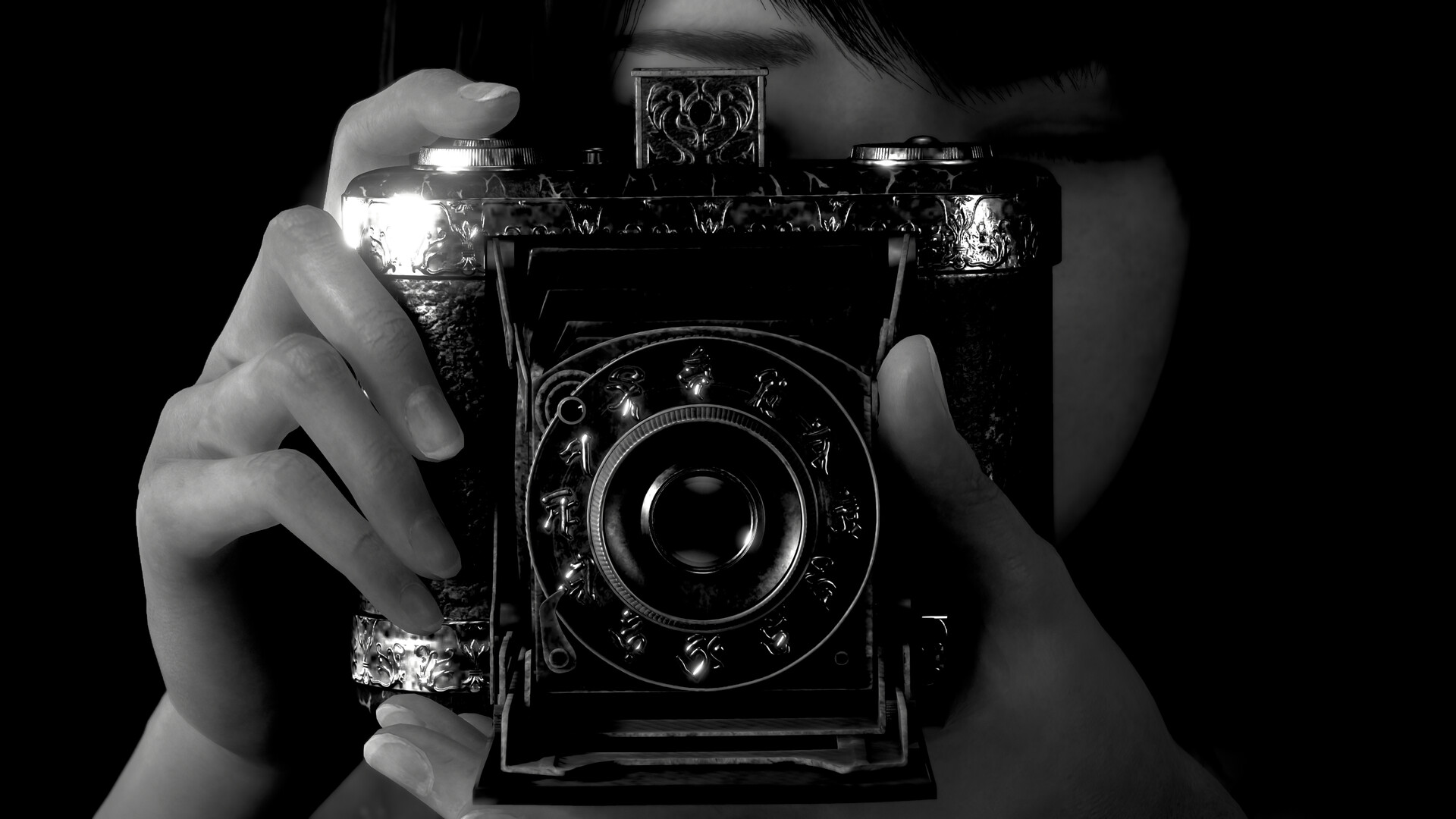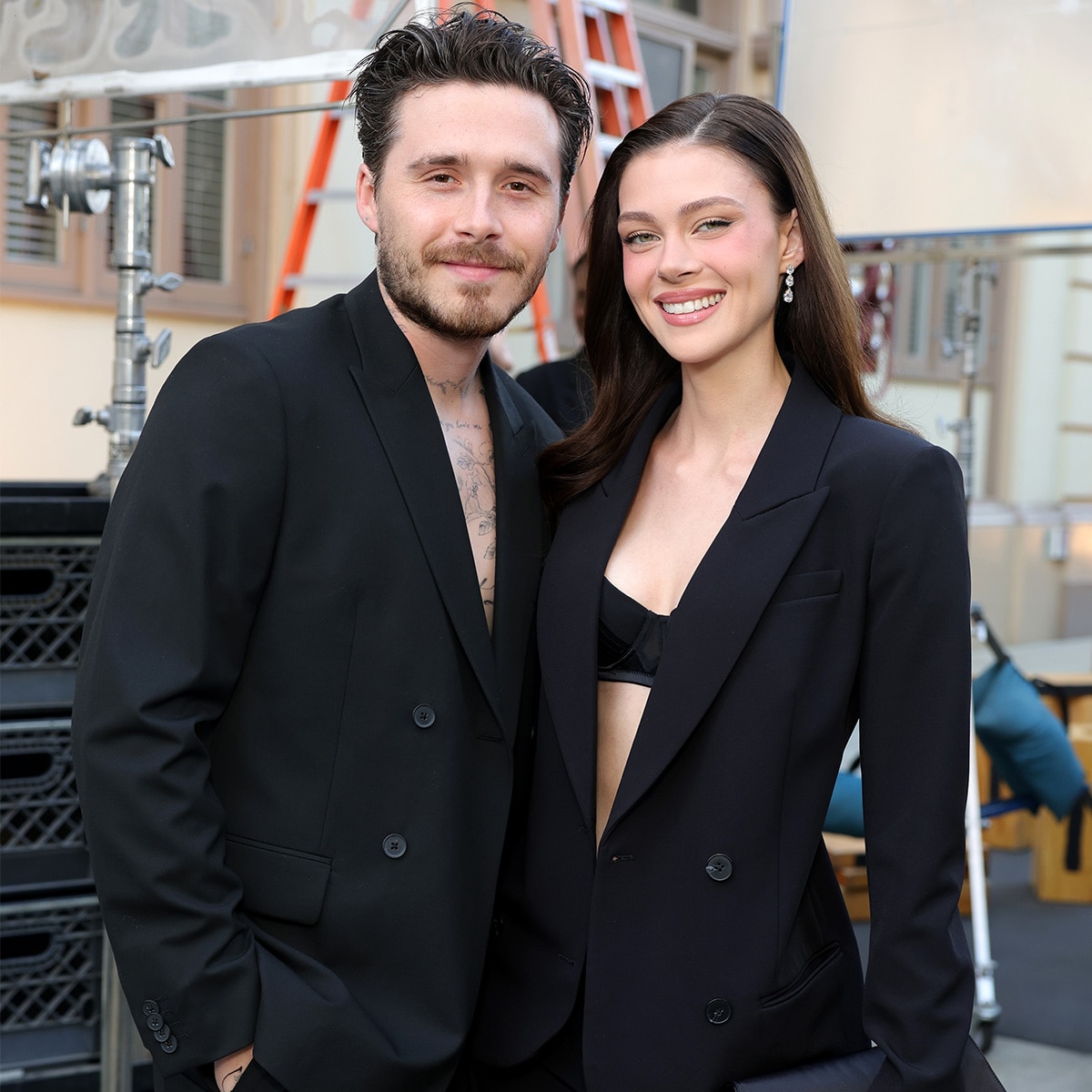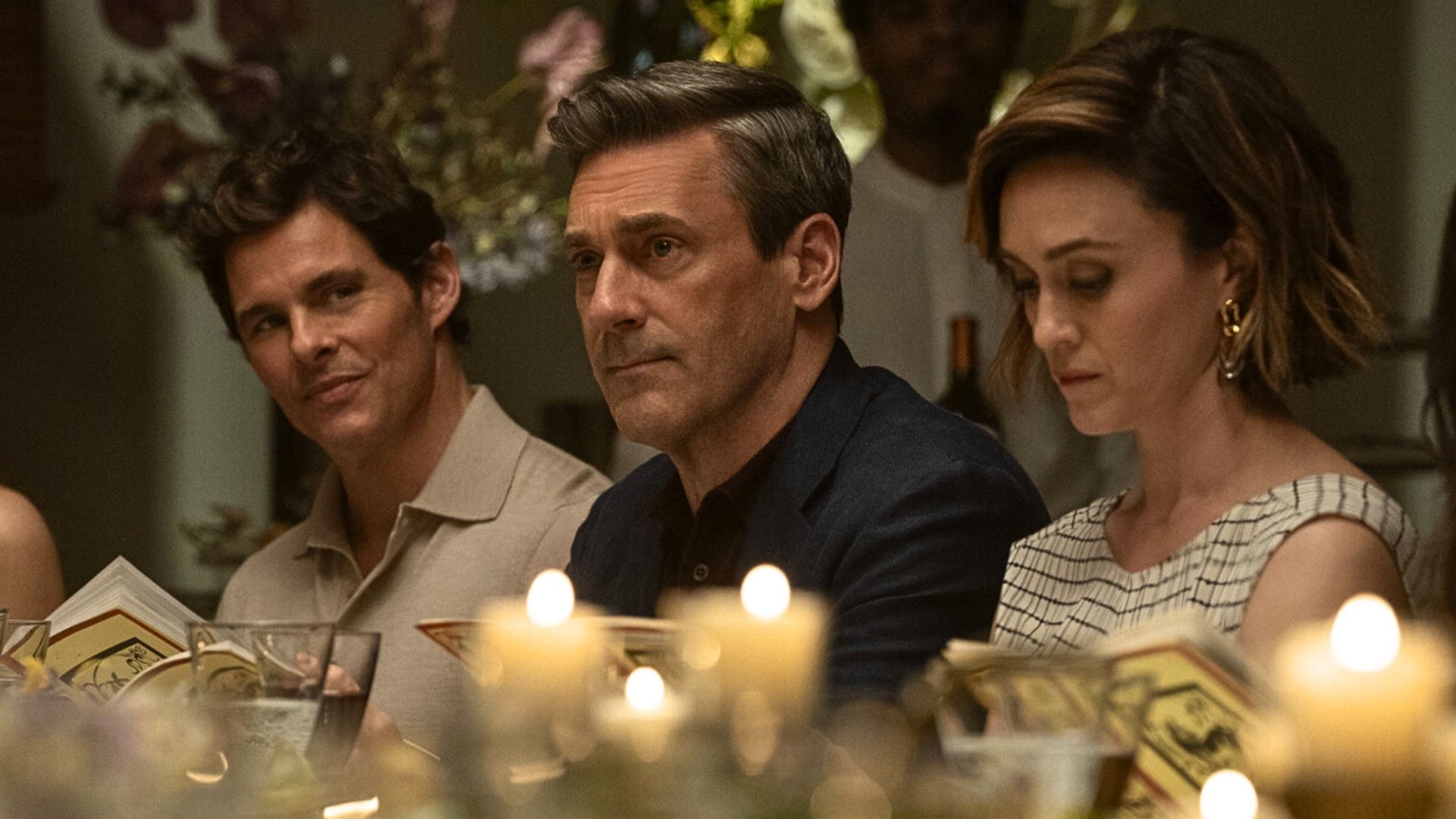The Relic: The First Guardian Confirmed For Switch 2, Releasing In 2026

We’re thrilled to announce that The Relic is coming to the Nintendo Switch 2! Getting the game running on the new system was a significant technical achievement, and we can’t wait for players to experience it. We know the Switch 2 community loves a good, challenging RPG, and we’re excited to share more details soon.








